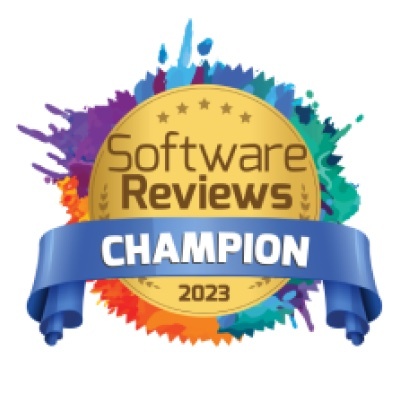Implementing good data mapping practices is an important way modern enterprise organizations use advanced business metrics for strategic insight. With the rapid rise of new data regulations across the globe, capable data mapping isn’t just a tool for companies to get a leg up on the competition – it is required for legal compliance.
Let’s look at how these new requirements have changed the data landscape and how automated data mapping can give your company an advantage.
Value of Data Mapping
Data mapping is the cornerstone of many important business intelligence processes:
- Data Integration – Even if systems are compatible, combining two disparate data repositories still requires meticulous data mapping. If your company is merging with another or combining departments, data mapping allows for accurate data integration.
- Data Warehousing – For data to have value for your company, it needs to be stored in an accessible location. Correct data mapping facilitates the creation of usable, searchable data warehouses.
- System Migration – Enterprise organizations often depend on legacy systems for logging and storing data which need to be combined and streamlined to be brought up-to-date.
By implementing good data mapping processes in your enterprise organization, your data informs better decision-making and strengthens your vantage point within a competitive landscape.
New Regulations Require New Standards in Data Mapping
The importance of data mapping becomes even more pronounced with regulations such as the CCPA, GDPR, and BCBS 239. The CCPA is a data privacy act that requires companies with an online presence to be able to perform an audit on any consumer’s personal information the company stores. Noncompliance can result in a fine of $7,500 per violation. Without proper data mapping tools, performing these audits can be as resource intensive as paying the fines.
While the CCPA won’t be enforced until the second half of 2020, the GDPR has already put some of these privacy standards in place for consumers in the European Union. Many business leaders assume if they have met the European privacy standards set by the GDPR, they are also CCPA-compliant, but this is not the case.
Enforcing finance regulations has also become a concern for BI & analytics teams. BCBS 239 compliance depends on the ability of organizations involved in global banking practices to identify, manage, and report risks regarding their credit and liquidity in line with AIRB regulation. Companies must be prepared not only to meet these regulations but also to present documentation of their compliance with the governing bodies in charge of these rules at a moment’s notice.
Worried about your company’s ability to achieve compliance?
Octopai’s automated BI intelligence platform makes this process easy!
Learn How
Manual Metadata Management Hinders Compliance
Regardless of size, few companies are prepared for the challenge of not only meeting compliance with these regulations but also sifting through their data to demonstrate that compliance. Having BI and analytics teams manually manage their metadata is an overwhelming, time consuming, and error-prone task.
This becomes even riskier as the stakes rise. Failure to prove compliance can result in financial and reputational damage that few companies can afford.
Don’t expect these regulations to go away anytime soon – they are predicted to increase as the value of privacy and security becomes paramount in data exchange.
Data Mapping Automation Provides a Pathway for Compliance
The key to meeting these challenges and preparing for future regulation is automated data mapping for data lineage. By turning over the process of organizing your company’s data over to a data mapping automation platform such as Octopai, you can expect:
- Error detection in seconds instead of hours
- Faster automated metadata management and discovery
- The ability to pivot to new data challenges and regulations
The only way for enterprise-level organizations to remain competitive is by integrating this technology into their current systems.
By working to automate data inventory, companies can take advantage of the sophisticated insights provided by full-picture data while ensuring and proving full compliance with all relevant regulations.
Learn more about how Octopai can elevate the standards of data processing by automating the most important elements of your data mapping functions.








